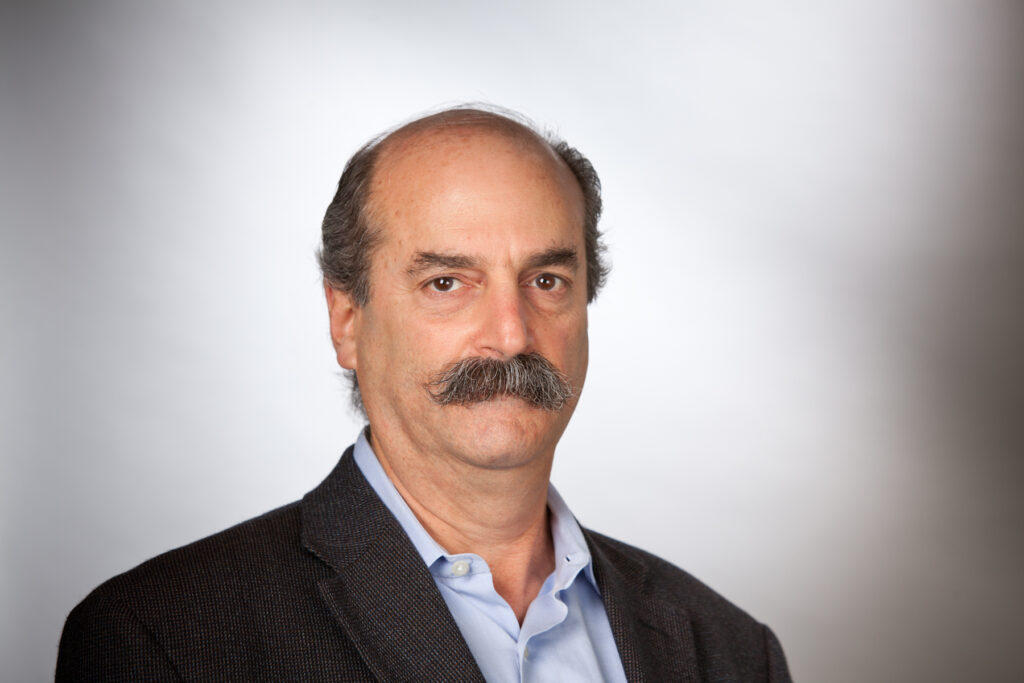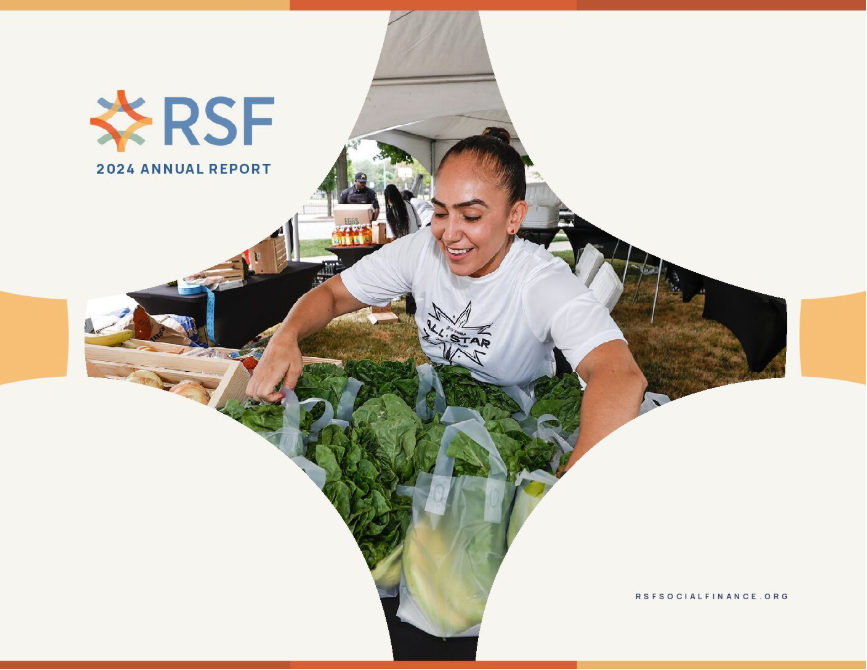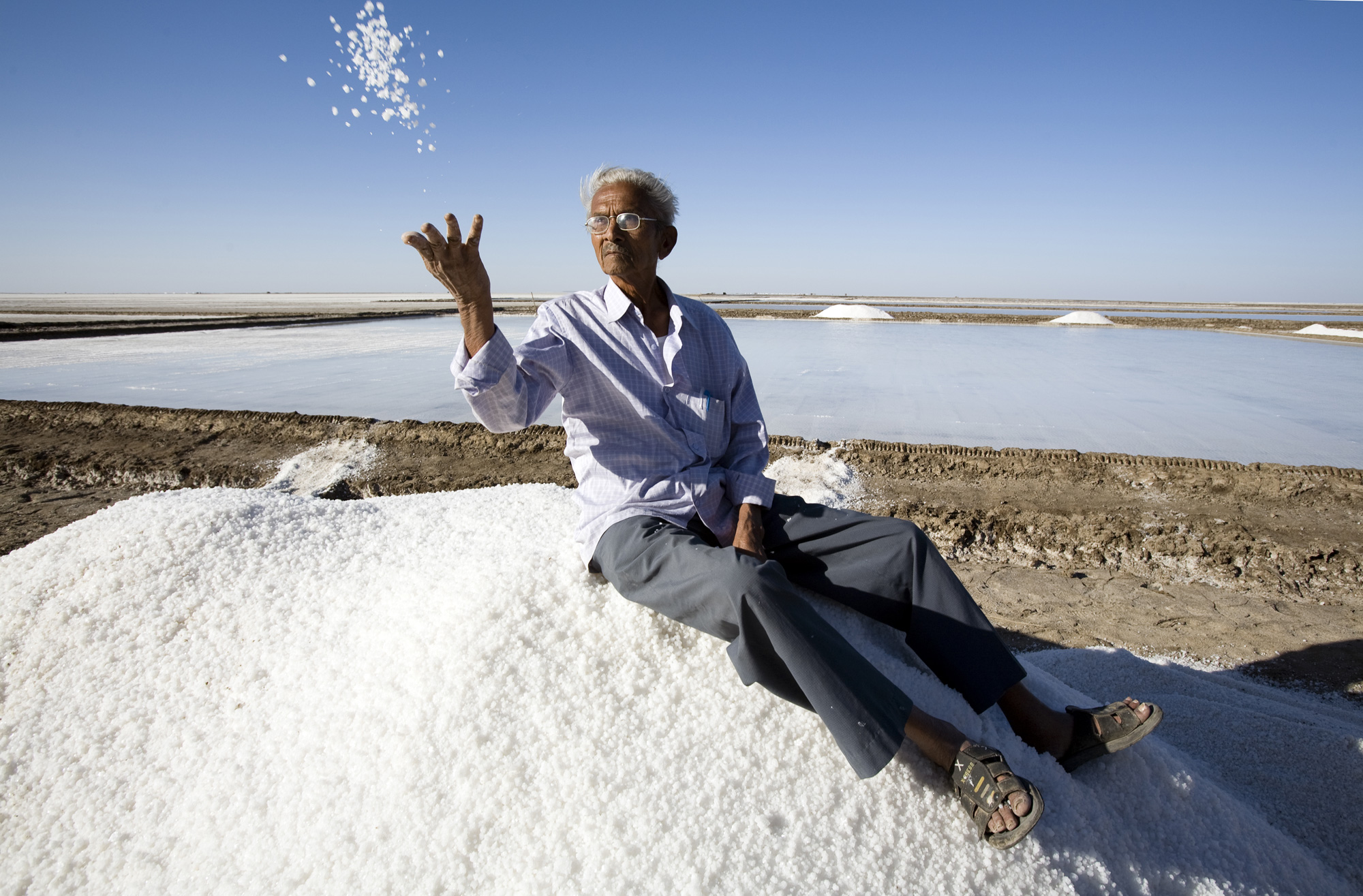When I give,
Nothing is taken from me
I am instead supported by warmth—an inner nothing.
Thus are destinies materialized through gift;
Linked in sacrament,
Of necessity, a co-elaborated future.
The inner voice that supports each of us to give time or money is, of course, a bit of a mystery and certainly inaudible to anyone but ourselves. The gesture of giving—looked at as an individual activity—is part motivation, part need, part interest, part recognition, part destiny, and finally, part willingness. But what does willingness mean? Let’s start with an observation about human development that is essential to understanding this question and why it is even important.
At birth, we each have our body, bodily needs, and the ability to wriggle and cry. We are not yet thinking or consciously feeling though, of course, we are highly sensitive. Soon, each of us comes to know the world through increasing mobility and being in space—all this usually even before the development of speech. This capacity for somatic knowledge will continue to evolve over a lifetime as a way of knowing the world. And yet, this quality of knowing tends to reside quietly in the background of conscious engagement with the world. Imagine, for example, how difficult it would be if you had to think your way up a set of stairs; or, think your way through digesting a meal. My experience has been that as soon as I think about the stair climb while going up, my tendency is to compromise my rhythm and thus trip. In human development, we first come into the will.
This “will” stage is followed by the development of the capacity of feeling, as senses refine and heart forces attune. We come to know the feeling of how things affect us as we engage with others and the physical world. It is a time when we can most easily learn by heart, develop a sense of fairness, and recognize others’ strengths and needs—along with our own. Following the evolution of our will capacity, we add to it feeling as a path of knowing.
As we move toward adolescence and adulthood, our higher conceptual capacities emerge as the power of thinking or conceptualization. This power tends to be the focus of educational activities from high school on and is often prized and rewarded in the world of work. As adults, each of us can access, harness and integrate all three capacities—willing, feeling, thinking—as we progress into the world of work and vocations.
As we approach the end of life at the threshold of death, we can observe developments that mirror the stages of early life, but in reverse. If you have had the privilege accompanying anyone at this stage of her or his life, you may have experienced the following changes. The first stage of the transition is the loss of consciousness, that is, the ability to think. The next to fade away is the quality of feeling as the person withdraws from the world. The final physical stage, with the last heartbeat or breath, is the cessation of will, the very function that supports us quietly and mostly unconsciously throughout our lives.
It has always fascinated me that the estate document that survives one who has passed and is a link to the survivors is called the “last will and testament.” Often that document includes a statement that claims the author is of sound mind—meaning that it has to be written before the dying process begins. And yet what is crystallized from it is an expression of will for what is to be done with the material matters of the estate. One might say that intentions, spiritual declarations of will, are to some degree realized through the messages and resource allocations defined in the will document.
Ideally, that which is left behind is a gift and received as such. However, if there are some directives in the will document that reflect an element of control by the deceased, the remains of the estate are drawn out of the realm of free gift and into a predisposed contract to fulfill the wishes of the deceased. One way of looking at someone’s death is that it is a release or freeing up of the individual human spirit from its attachment to the physical body. Thus, a physical death is also a free gift to the spiritual world. However, that passage may be compromised by directives in the written will that bind the spirit of the deceased to earthly material matters—an attempt to exercise control where such action is no longer appropriate.
Given this picture of what a will represents—as the power to bind or release—it seems essential that the creator of the will and his beneficiaries find a way to develop a shared understanding of intentions and expectations. That way, the one writing the will can truly be freed from and free of the material when the time comes. The beneficiaries, whether children or charity, can then be recipients of a free gift. In this circumstance, that which has accumulated from the past transfers and transforms in the present, renewed and future bearing. Furthermore, those recipients who have been gifted material support with such freedom will be more open to guidance from those can support then from across the threshold, the world of the spirit or intuition. Sometimes just our memories or our music are enough to warm that space. There is wisdom in the will, so what will thee?

John is the former Vice President of Organizational Culture at RSF Social Finance.
©2017


